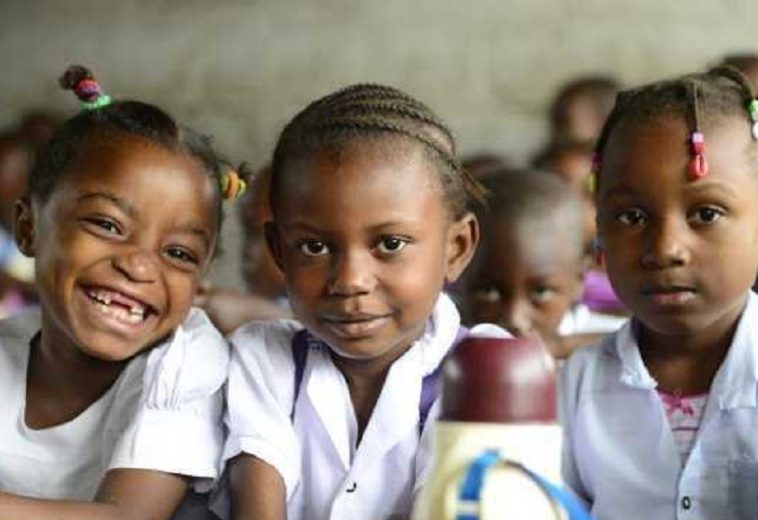Africa’s youth population represents a demographic powerhouse, brimming with energy, ambition, and a growing thirst for progress. This vibrant generation is increasingly at the forefront of shaping the continent’s political and social landscape, pushing for reforms, accountability, and democratic governance.
Globally, young people are underrepresented in political institutions. Less than 2 per cent of parliamentarians worldwide are under 30, and only 1.65 per cent are in their 20s. In a third of countries, eligibility for national parliament begins at 25. However, Africa stands out as a continent where youth activism and political engagement are particularly dynamic.
Africa’s youth, the largest demographic group on the continent, overwhelmingly support democracy over authoritarianism. Recent statistics reveal that 64 per cent of young Africans endorse democratic governance, with 80 per cent rejecting one-man rule and 78 per cent opposing one-party systems. This widespread preference for democracy underpins their growing influence in political movements across the continent.
Senegalese Youth Engagement
Senegal provides a compelling example of youth-driven democratic renewal. The 2024 presidential election marked a pivotal moment in the nation’s history as the incumbent, Macky Sall, chose not to seek re-election, opening the door to new leadership. This transition highlighted the influence of young leaders like Bassirou Diomaye Faye, whose rise symbolises the increasing power of youth in shaping Senegalese politics.
Senegal has a rich history of active youth participation in political affairs. The 2012 Y’en a Marre (“Enough is Enough”) movement, spearheaded by young Senegalese, was instrumental in ending the tenure of long-standing president Abdoulaye Wade. As Fadel Barro, a prominent leader of the movement, stated: “We want a leader who represents the future, not the past.” This sentiment continues to resonate among Senegal’s youth, who demand leaders aligned with their aspirations.
Burkina Faso: Youth at the Vanguard of Change
In Burkina Faso, the 2022 uprising demonstrated the transformative power of youth activism. Frustrated by corruption and economic stagnation, young Burkinabé took to the streets, demanding transparency, justice, and a brighter future. Their collective action not only challenged the status quo but also highlighted the growing role of young people in holding governments accountable.
The Digital Revolution: A Catalyst for Youth Mobilisation
Social media and digital tools have revolutionised youth activism across Africa. Platforms such as Twitter, Facebook, and WhatsApp have become essential for disseminating information, organising protests, and mobilising support. These tools enable young Africans to bypass traditional barriers to political participation, amplifying their voices and holding leaders accountable.
From Nigeria’s #EndSARS movement to South Africa’s #FeesMustFall protests, digital platforms have proven instrumental in fostering unity and driving change. They have also created spaces for young people to engage in policy debates, share ideas, and build networks for sustained activism.
READ ALSO: The Leadership of Today: Dr. Ken Giami’s Clarion Call to Nigerian Youths
Empowering Africa’s Youth for the Future
To harness the full potential of Africa’s youth, governments, civil society organisations, and international partners must invest in their empowerment. This includes improving access to education, creating employment opportunities, and fostering inclusive political environments where young people can actively participate in decision-making processes.
Africa’s youth are not just the leaders of tomorrow—they are agents of change today. By supporting their efforts and addressing the systemic barriers they face, the continent can pave the way for a more prosperous, equitable, and democratic future.




